Starlab Space, the designated successor to the International Space Station, is coming to the Innovation Park in Dübendorf ZH. The private US company is one of the big players in space travel.


Since 2018 the Zwicky Transient Facility, an international astronomical collaboration based at the Palomar Observatory in California, has scanned the entire sky every two to three nights. As part of this mission, the ZTF’s Bright Transient Survey has been counting and cataloging supernovae—flashes of light in the sky that are the telltale signs of stars dying in spectacular explosions.
On Dec. 4, ZTF researchers—including astronomers at the University of Washington—announced that they have identified more than 10,000 of these stellar events, the largest number ever identified by an astronomical survey.
“There are trillions of stars in the universe, and about every second, one of them explodes,” said Christoffer Fremling, an astronomer at Caltech who leads the Bright Transient Survey. “ZTF detects hundreds of these explosions per night and a handful are then confirmed as supernovae. Systematically doing this for seven years has led to the most complete record of confirmed supernovae to date.”
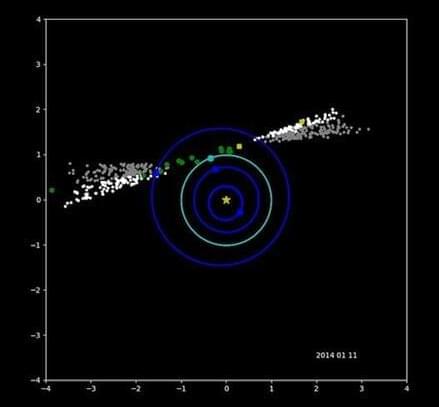
NEOWISE contributed to planetary defense efforts with its research to catalog near-Earth objects. Over the past decade, it helped planetary defenders like us and our colleagues study near-Earth objects.
NEOWISE was a game-changing mission, as it revolutionized how to survey near-Earth objects.
The NEOWISE mission continued to use the spacecraft from NASA’s WISE mission, which ran from late 2009 to 2011 and conducted an all-sky infrared survey to detect not only near-Earth objects but also distant objects such as galaxies.
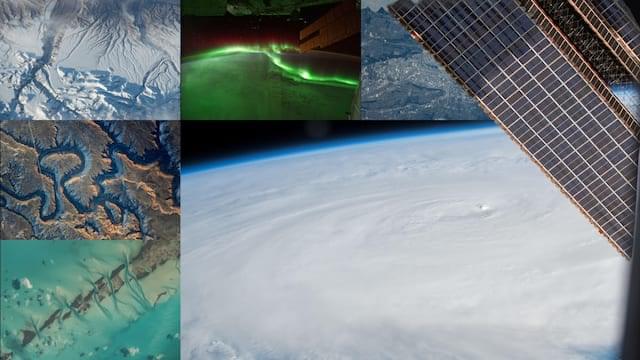
Earth In 2024: The International Space Station (ISS) has captured more than 825,000 images of Earth so far in 2024, documenting our planet’s changing landscapes. NASA has shared that over 5.3 million photos have been taken from the space station since it began operations, contributing significantly to studies of urban light patterns, lightning activity, and natural disasters. In 2024 alone, these images were instrumental in analysing 14 major natural disaster events, from hurricanes and floods to volcanic eruptions.
Expedition 71, one of the most prolific missions in the ISS’s history, contributed over 630,000 images, marking the highest number of photographs taken during a single mission.
According to NASA, the Crew Earth Observations (CEO) program is at the heart of this effort. Equipped with digital handheld cameras, astronauts photograph Earth from their vantage point 200 miles above the surface. The program focuses on documenting both human-induced changes — such as urban expansion and reservoir construction — and natural phenomena, including hurricanes and wildfires.
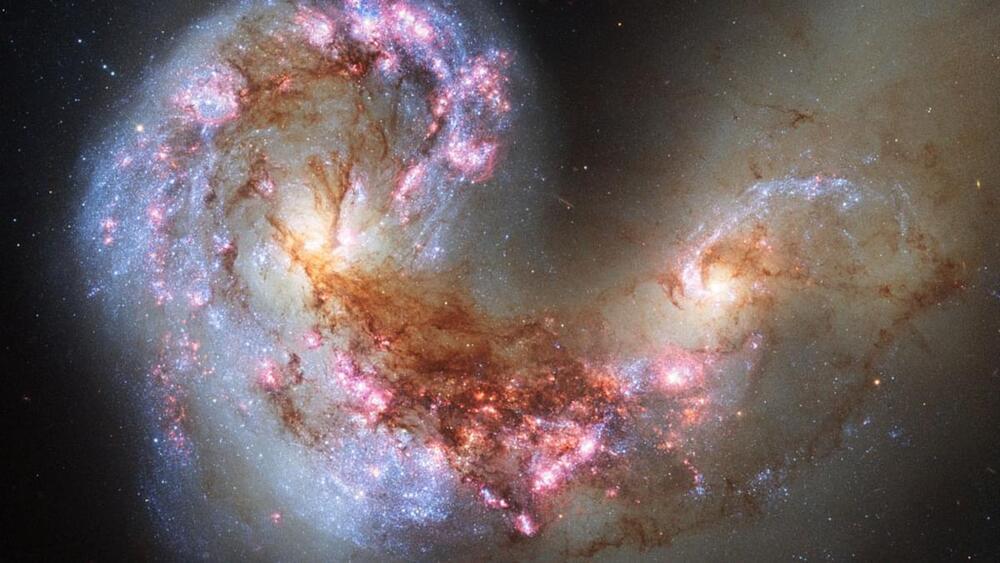
“Our findings take us closer to solving a long-standing mystery in astronomy that will redefine our understanding of how galaxies were created in the early universe.”
The team’s research was published on Wednesday (Dec. 4) in the journal Nature.
The team made their breakthrough using the Atacama Large Millimeter Array (ALMA). ALMA is the largest astronomical project in existence comprised of 66 radio antennas situated in the Atacama Desert of northern Chile.
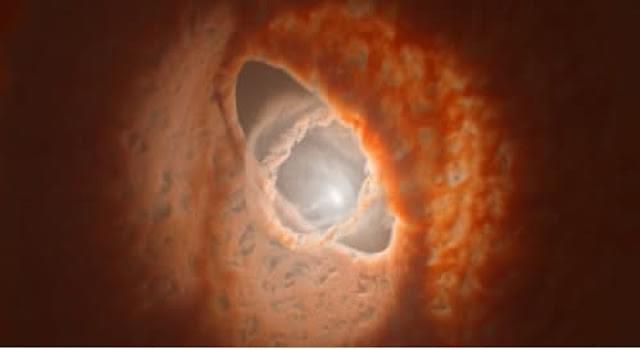
Perched in the constellation Orion, 1,300 light-years from Earth, lies GW Orionis, a unique triple-star solar system. Unlike most known systems, GW Orionis features two stars orbiting each other closely, while a third star circles at a much greater distance. Surrounding these stars are three enormous, misaligned rings of planet-forming dust, creating a striking bullseye pattern in the sky.
Recent studies, published in Science and The Astrophysical Journal Letters, suggest that these rings may harbor a young planet—or the makings of one. This celestial body could explain the dramatic misalignment of the system’s inner ring, which appears to wobble like a broken gyroscope. If confirmed, this would be the first known planet orbiting three stars simultaneously.
Nienke van der Marel, astrophysicist and co-author of the May 21 study, noted that the combined gravitational pull of the three stars alone cannot account for the rings’ behavior. Instead, the presence of a planet carving a gap in the disk could be disrupting the system’s balance.
Cooler stars may consciously alter their speed through self-directed jet emissions, researchers suggest.
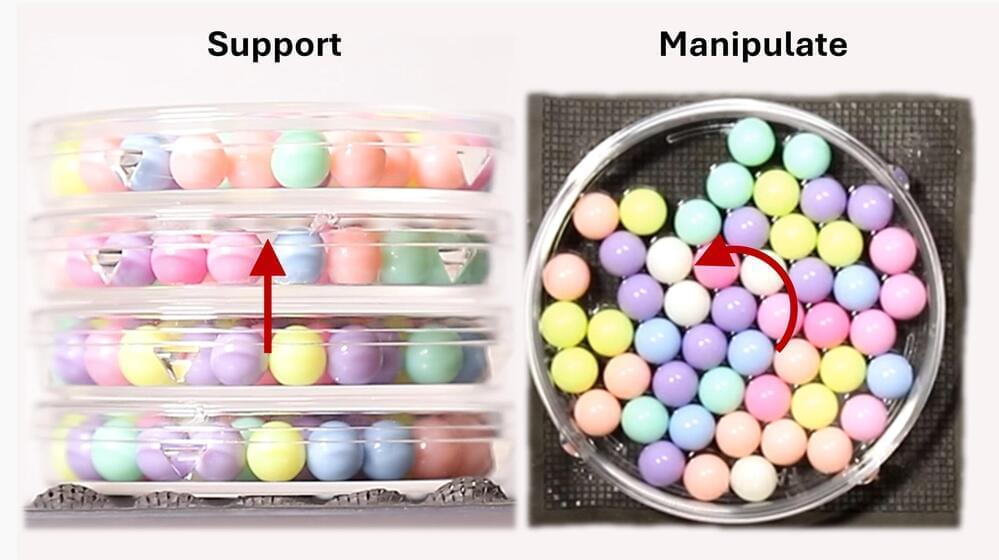
NASA’s Parker Solar Probe mission has detected magnetic distortions in solar wind, known as switchbacks. To better understand these phenomena, whose origins remain uncertain, a study was conducted by a network of collaborators. This study, published in the journal Astronomy & Astrophysics, reveals that solar jets can create similar disturbances without causing a complete reversal of the magnetic field.
NASA’s Parker Solar Probe mission revealed the presence of switchbacks, sudden and rapid reversals of the magnetic field in the solar wind. These peculiar phenomena, rarely observed near Earth, have captivated the scientific community due to their enigmatic origins. A leading theory suggests that switchbacks originate from solar jets, which are ubiquitous in the lower atmosphere of the sun.
To investigate their origins, a team of researchers from LPP, LPC2E, FSLAC, the University of Dundee and Durham University conducted 3D numerical simulations to replicate plasma behavior in the sun’s atmosphere. These simulations modeled solar jets and studied their propagation in solar wind.

“AI” AS THE MODERN VERSION OF BELEIF IN A MAGICAL ALCHEMY. Although widely promoted as being possible, it grows increasingly ridiculous the more that complexity is added. This means a gigantic market bubble is building up for a tremendous burst, UNLESS, the obvious is done: simply treat it as any other useful human-created tool, such as a hammer, a screw driver, or an airplane. Are screw drivers going to rise up and threaten humanity? It is not physically possible in the real physical universe that “ai”, or any other human-created tool, will ever pose a danger to humanity. It CAN be misused by humans, but cannot of its own non-existent will decide to be a danger. It is high time to stop being afraid of the modern version of non-existent ghosts and goblins, otherwise known as “ai.” Stop scaring little boys and girls with superstitious monster stories and, instead, tell them what a wonderful new tool we now have! Like any tool, it increases the degree of freedom and power of the human mind to intervene in the universe. If we want a real “ai”, that will come from our speeding up the evolution of intelligent animals such as octopuses and seeding them on places like the oceans of Europa, the moon of Jupiter.
A demo video shows OpenAI’s new o1 tool measuring liquids in inches.
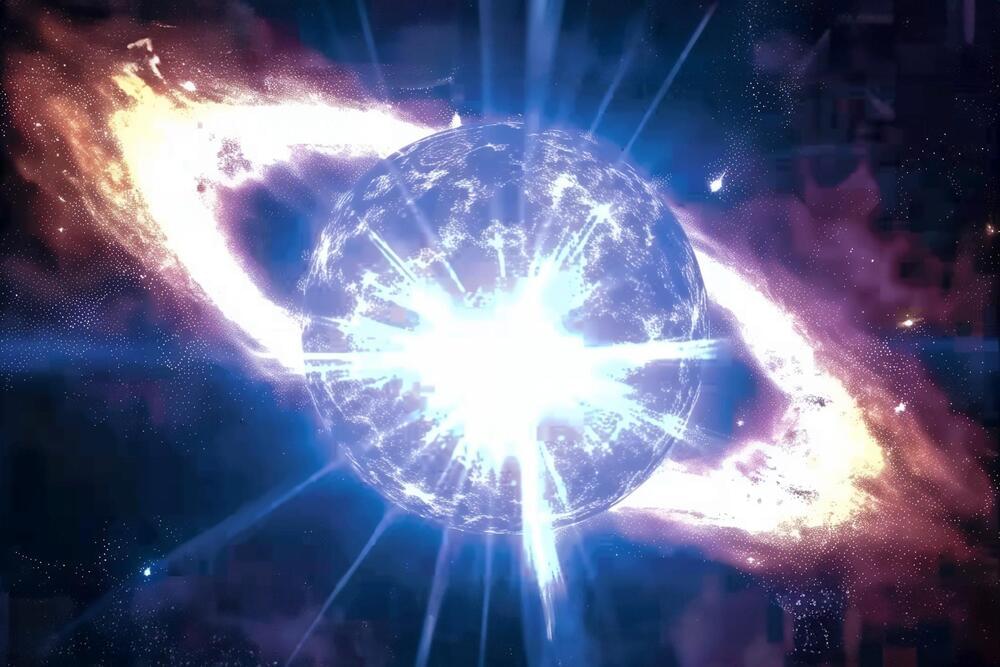
Requiring consistency between the physics of neutron stars and quark matter leads to the first astrophysical constraint on this exotic phase of matter.
Recent research uses neutron star measurements to place empirical limits on the strength of color superconducting pairing in quark matter, revealing new insights into the physics of the densest visible matter in the universe through astronomical observations.
Color Superconductivity